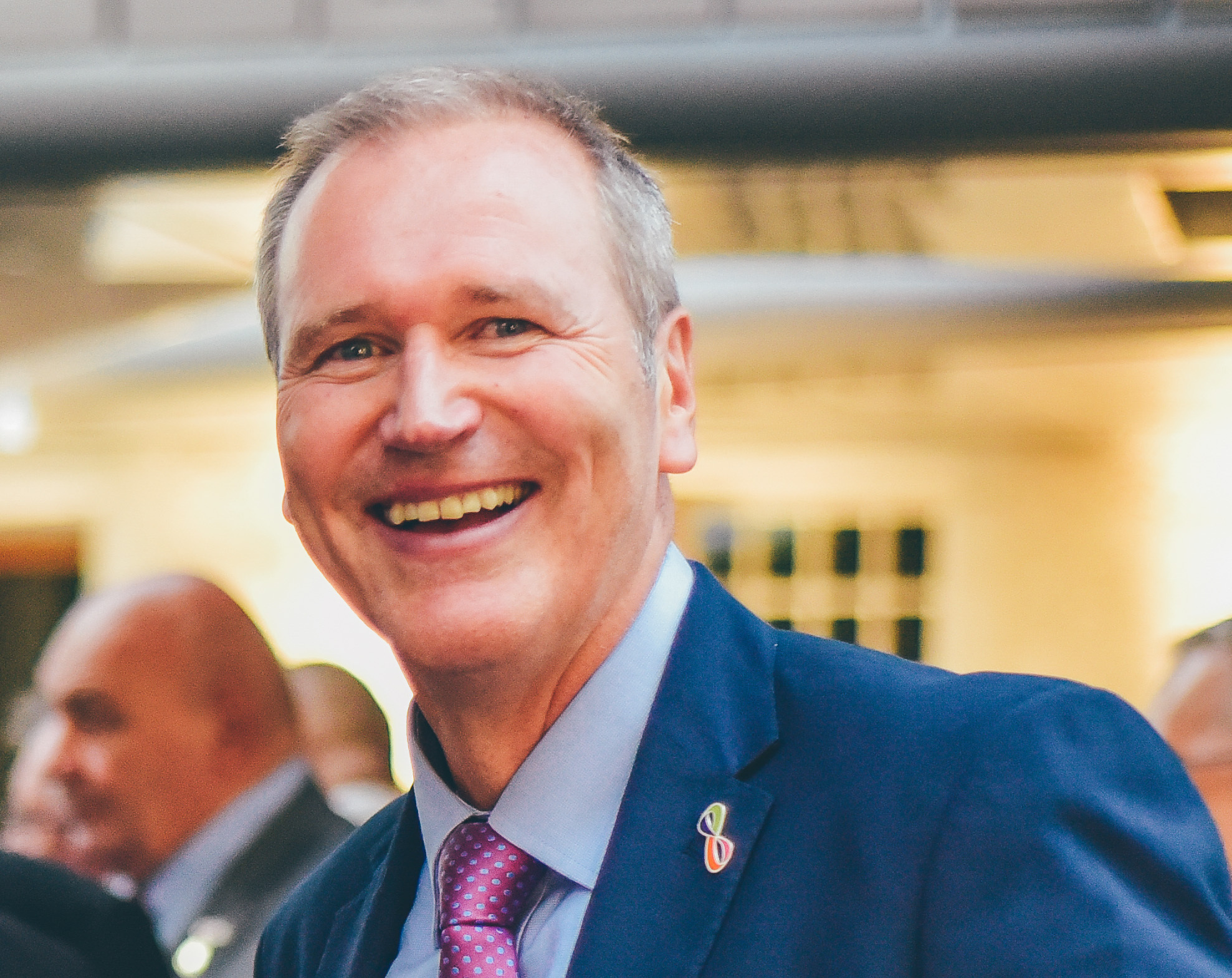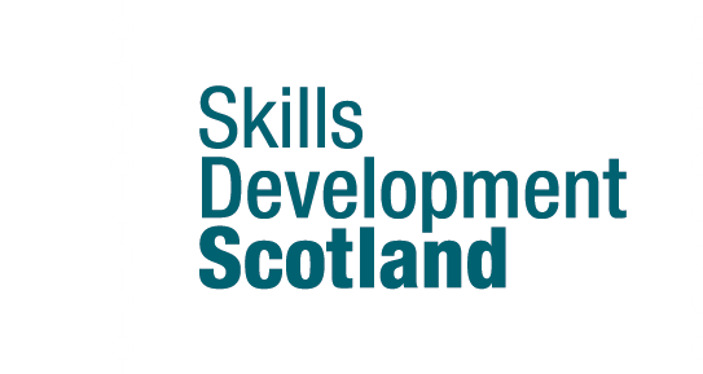As Chief Executive of Age Scotland, the leading charity representing older people in Scotland, Brian Sloan has a unique perspective on the challenges faced by business leaders in the third sector. Here, he talks to us about his eVolve cohort experience, and the positive impact it has had on him and his business.

Sometimes the best opportunities present themselves when we’re not looking for them. This is exactly the position that Brian found himself in when Skills Development Scotland nominated him to join the eVolve cohort in the summer of 2020.
“I wasn’t looking for a course at that moment in time, although I had previously been involved in Skills for Growth with SDS. I’ve always been of the belief that training is always helpful, no matter how experienced you are, to learn new skills” Brian admits. “So, when SDS nominated me for this programme, I was flattered!” he added, enthusiastically.
Despite going into the learning with an open mind, Brian did wonder how his experience of leading in the third sector would align with the theme of ‘leading entrepreneurially’. All became clear early on when the group discussed the behaviours and attributes of successful leaders. To me the word entrepreneurial paints a picture of a very driven innovative and creative risk taker and that type of character is generally not associated to the third sector. However, I quickly realised that my own experiences, skills and attitude were welcomed by my cohorts and they could also learn from me.

I gained confidence from hearing that what I do as a leader is exactly what I need to be doing to keep us on the right path. I was displaying the right behaviours for success.
There was also a recognition that running a charity has many similarities to running a commercial business. Brian notes: “Charities need to be more business-like than ever before. We have a responsibility to spend donations properly and we are accountable for every decision that is made. I have a commercial background so I feel that I can tie these two aspects together. Traditionally funds are tight in this sector and people development doesn’t always get the priority it deserves”.
As with any programme, there is an expected time commitment to ensure participants see the value. Did Brian struggle to complete the required learning alongside his day job?
“There were times when it felt like just another thing to do.” Brian admits. “It would have been easy to drop out of sessions, but I found that it was good to take that backwards step away from the coalface. Everyone in the cohort was in the same boat and it was good to chat to my peers who were all making time in their diaries to focus on their own leadership learning. It wasn’t difficult to do because it was so worthwhile”.
Recent Covid restrictions has meant that the need for effective communication is greater than ever before, and that brand visibility is fundamental to a company’s success. This really resonated with Brian who shared the changes he has implemented since graduating from the eVolve programme: “I have been prompted to be more open and visible with the team and increase transparency in my communications. This has led to the implementation of a staff town hall, which is helping to improve company cohesion”. As we all work remotely the open communication and dialogue with colleagues has been excellent allowing a platform to share concerns, ideas and best practices. We have just completed 2 x 2 day strategy sessions with all colleagues to shape our organisations Covid recovery plan for the next 3 years. The level of engagement from all colleagues was superb and it was so important that their voices were heard.
From a business perspective, the content on profit improvement got Brian thinking. As a charity, it’s vital that Age Scotland reports financial information accurately and we have happily made improvements to our processes. He says, “It became clear that different people take on different approaches to financial reporting (i.e. visual vs numerical) and it is important to help the whole team feel comfortable with the numbers. Accordingly, we have changed how we report, and it’s been well adopted. In grant submissions we’ve altered the reporting of central costs to be clear on our financial structure”. It has led to more open dialogue with funders regarding the recognition of supporting our central costs in a funding application as they are also key to successful project delivery.
What really impressed Brian was the quality of the programme’s external speakers and the additional events that were offered over and above the course content. These have enabled him to look at the business in a more colleague-centric way and prioritise personal development for his staff. Reflecting on his learnings, Brian notes, “It’s important to value your staff like you would value a volunteer. Why should treating our colleagues be any different? People are so important from an organisational value perspective”.
When asked his thoughts on the cohort experience, Brian found the peer learning dynamic very useful, “I surround myself with 2-3 people externally who I can chat through issues with. That’s hugely beneficial but the peer support (on the programme) was a different dynamic. On paper it was hard to find commonality especially between sectors but in practice we all had the same challenges and that opened us all up. It was about the fact we all had a shared attitude.
Of course, it wasn’t without its challenges, particularly as the programme was delivered virtually due to Covid restrictions. What was the impact of this on the experience? “I think we would have benefitted from face-to-face sessions, it was a shame to miss out on these as I feel we could have deepened connections. When restrictions lifted, I met a fellow cohort member for coffee and as a result, we became much closer throughout the rest of the learning.”
The peer support (on the programme) was a different dynamic. On paper it was hard to find commonality especially between sectors but in practice we all had the same challenges and that opened us all up. It was about the fact we all had a shared attitude.
As a result of the tools and techniques learned on the programme, Brian now feels better equipped to lead Age Scotland to greater success. He also recognises the importance of people in his business and is committed to the continual growth and development of his staff.
Finally, what would Brian say to anyone considering ES’s leadership programmes?
“Do it! You’ll definitely learn something: a lot, a little, whatever - but even if you think you’re doing well it will provide that confirmation. Being a CEO can be a lonely place, but these programmes can give you that peer support and informal mentoring. You’re never too old or too experienced to learn. It was fun!!”